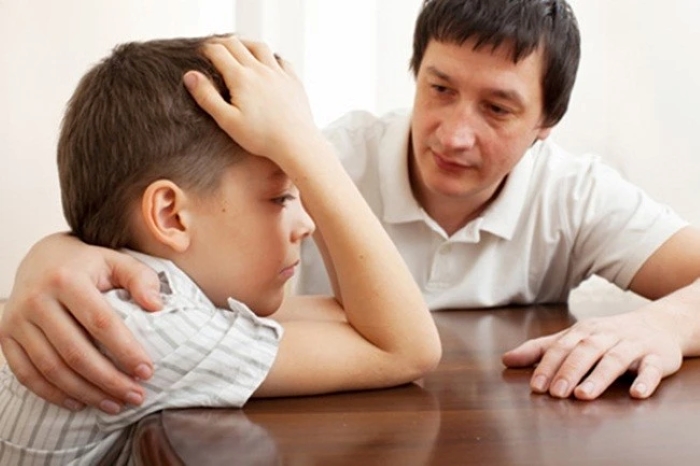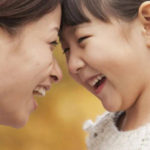There are 4 parenting styles that can put pressure on children, leading to the development of negative traits and even making them more stubborn and hot-tempered:
1. Being irritable with children, venting work frustrations on them
Being irritable and venting work frustrations on children can have many negative consequences on their psychology and development.
Firstly, it creates a tense and unsafe family environment. For children, the family is a place where they seek comfort and protection. When parents frequently lose control and become irritable, children will feel insecure and fearful.
Moreover, this behavior can also impact a child’s ability to build relationships, diminish self-esteem, and teach them to resolve conflicts with anger and negative actions. In severe cases, it can lead to psychological disorders, bad behavior, or depression in children.

A child’s personality and psychology depend heavily on parental upbringing. (Illustrative photo)
2. Being excessively strict, not allowing children freedom and comfort
Being overly strict and not allowing children freedom and comfort can have many negative consequences on children’s development. This can make children feel pressured, unhappy, and can lead to a loss of trust in parents. Children may develop behaviors of rebellion or feel fearful when making independent decisions.
Additionally, being restricted in their freedom can affect children’s ability to be creative and explore, diminishing their confidence and adaptability in new situations. Children may struggle to establish healthy relationships with others and develop necessary social skills.
3. Not providing children a sense of safety
When parents do not provide children with a sense of safety, children often perceive the absence of a stable and protective atmosphere in the family. This can manifest in various forms, such as indifference, lack of care, not listening, or not understanding the needs and fears of the child.
When children do not feel safe, they may develop a range of emotional and behavioral issues, such as lack of confidence, anxiety, or difficulties in building healthy relationships. An unsafe family environment can also affect a child’s learning ability and overall development.
Therefore, providing a sense of safety for children, not only in terms of material needs but also in terms of their emotional well-being, is a vital responsibility of parents, ensuring healthy and comprehensive development for their children.
4. Treating children like “little kings” and indulging their every whim
Indulging children like “little kings” and fulfilling their every demand can lead to many negative consequences in a child’s development. Children can become selfish, lack patience, and have difficulty facing rejection or failure.
Moreover, a lack of respect for others and ingratitude can also develop when children are raised in an unlimited and indulgent environment.
Therefore, educating children should include setting boundaries, teaching them to wait, educating them about the value of work and independence so that they can develop comprehensively and integrate well into society.





































